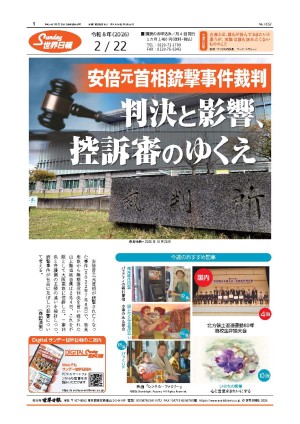世界中を揺さぶるトランプ氏 Donald Trump’s grand entrance on global stage rattles nerves around world
ドナルド・トランプ氏の北大西洋条約機構(NATO)への疑念、英の欧州連合(EU)離脱(ブレグジット)支持にEUのエスタブリッシュメントは憤慨した。「一つの中国」政策に異議を唱え、中国政府は「火遊び」だと警告した。北米自由貿易協定(NAFTA)や自由貿易に敵意を示し、チリから韓国まで多くの国の指導者らが不安を抱いている。
トランプ氏の支持者らは、トランプ氏が米国を国内でも国際的にも再び偉大にすると言う。その一方で、トランプ氏の扇動的なレトリックと予測できない政策の変化に世界中の人々が動揺している。
...【全文を読む】







